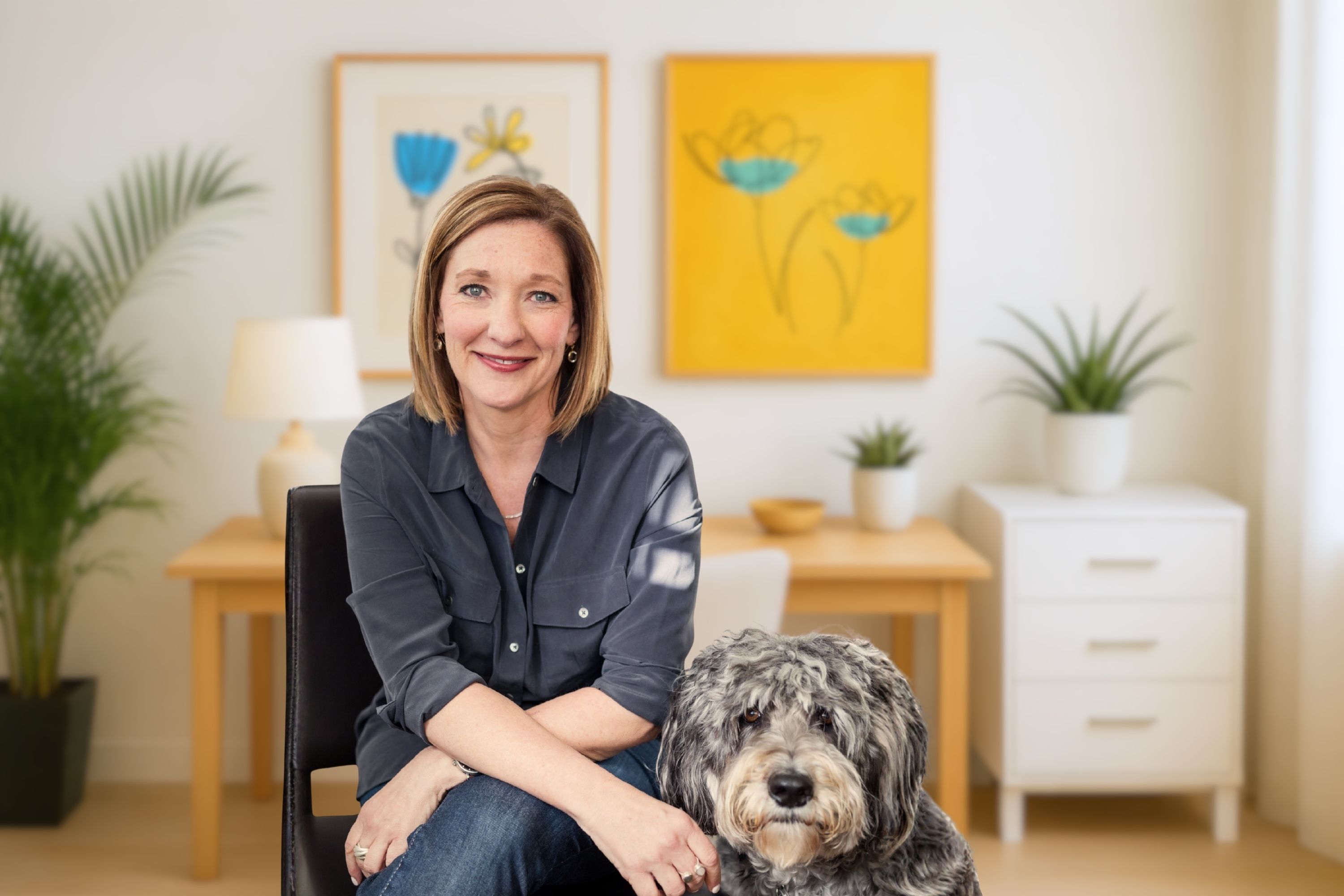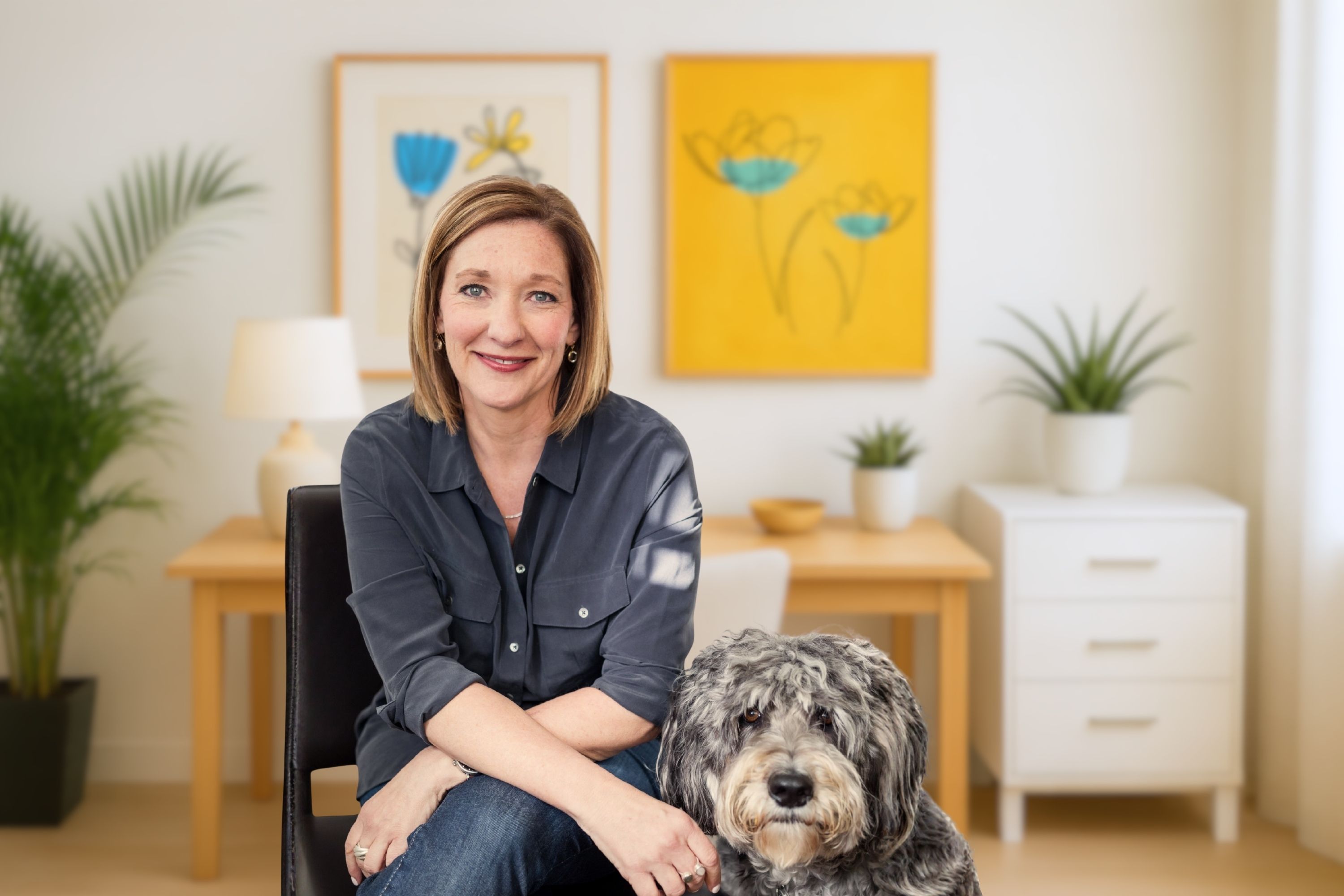Don't Just Survive DIVORCE,
Build a Better Future
Don't Just Survive DIVORCE,
Build a Better Future.
I’ve been where you are. I know the fear, the exhaustion, and the endless second-guessing.
That’s why I created Better Than Before Divorce™—to help you find your footing, quiet the chaos, and rebuild with calm, confidence and clarity.

Don't Just Survive Divorce,
Build a Better Future.
I’ve been where you are. I know the fear, the exhaustion, and the endless second-guessing.
That’s why I created Better Than Before Divorce™— to give you the step-by-step support and tools I wish I’d had.
Will I ever feel like myself again?
Divorce shakes your identity at its core. I’ve been there myself— second-guessing everything, numb one day and overwhelmed the next. I didn’t believe I’d ever feel like me again.
But slowly, with support and intentional steps, I rebuilt. And you can too. This is just a piece of your story. The rest is still unfolding.
- I’ve stood where you are right now.
- You can come out stronger.
- The right guidance changes everything.
I Built the Support I Wish Existed
It’s normal to feel lonely and isolated during divorce—I felt it, too. Friends can listen, but you don’t want to overburden them, and the emotional weight can be overwhelming.
That’s why I created Better Than Before Divorce™, because you deserve a guide who can help you move from chaos to clarity.
- Private 1-on-1 Coaching
- Supported Group Coaching
- Free Online Divorce Support Community

Support That Meets You Where You Are

Private Coaching
Personalized guidance to help you respond with clarity, not reactivity. Together, we’ll steady your emotions, set boundaries that actually stick, and rebuild your confidence so you can make progress—even in the chaos. You’ll feel grounded, calm, and ready to move forward with strength and purpose.

Free Online Community
A safe, supportive space where you can connect, learn, and grow with others who understand this season of life. Inside, you’ll find real conversations, expert guidance, and resources to help you stay calm and confident as you rebuild. It’s a place to rediscover yourself—steady, strong, and grounded in who you’re becoming.

Supported Group Coaching
Divorce may be a sh*t sandwich, but you don’t have to choke it down alone. In this group experience, you’ll learn to manage your emotions, communicate with confidence, and protect both your kids and your peace. You’ll come out stronger, clearer, and truly better than before divorce.





.jpg)